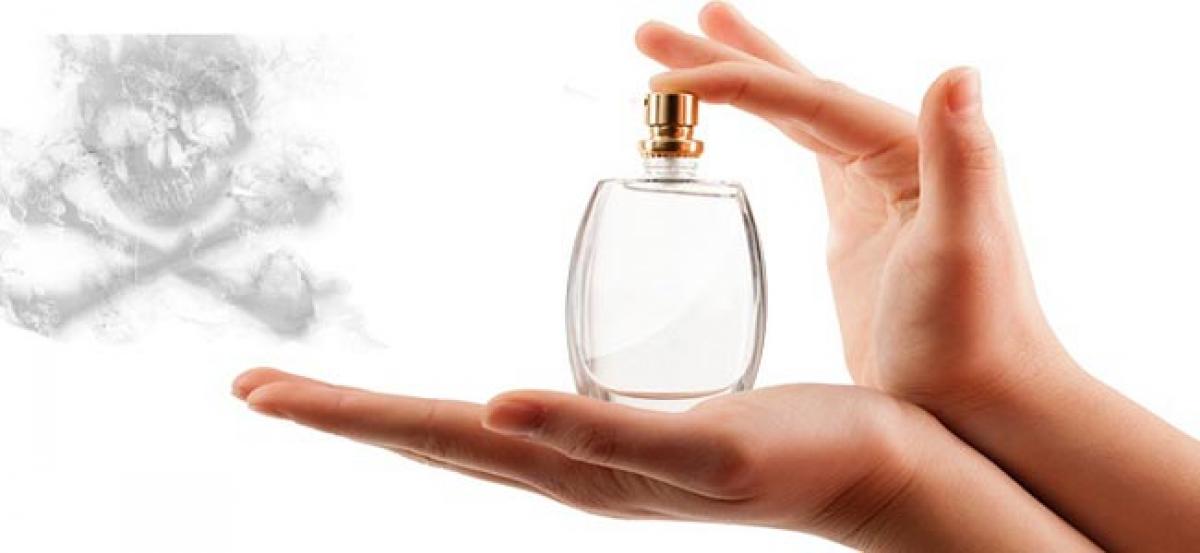Your perfumes may pollute environment

The findings showed traces of \"scented\" molecules, including those more distant from inhabited areas, though concentrations were up to 500 times higher in the inner city canals.
London: Love to wear designer perfumes? Be careful, as certain molecules produced in these man-made fragrances act as potential contaminants of the environment, and may also impact our ecosystem in the long run, said a study conducted in the canals of Venice, also known as the city without sewers.
Investigating the canals of Venice, the researchers looked for traces of molecules referred to as "perfumes" in the ingredients of products such as soaps, detergents, shampoos and many other personal hygiene products that we use daily.
The findings showed traces of "scented" molecules, including those more distant from inhabited areas, though concentrations were up to 500 times higher in the inner city canals.
Samples collected during conditions of low tide showed concentrations comparable to those of untreated waste water, the study revealed.
"The study confirms that fragrances are released continuously into the canals of Venice, both during high and low tide and in the historic centre and the lagoon," said Marco Vecchiato, post-doctoral student at the Ca' Foscari University of Venice in Italy.
One of the most frequently found compounds in the waters of the lagoon was benzyl salicylate a chemical compound used in cosmetics as a fragrance additive or UV light absorbed and also known to cause dermal irritation.
Thus, venice's existing system of treating wastewater through biological tanks which then flows directly into the canals, seems an insufficient method of lowering the concentration of these molecules, the study said.
However, according to the data, the concentrations seem to be below the threshold for acute toxicity to marine organisms.
"But, we do not know the consequences of prolonged exposure to low doses of these substances," Vecchiato said.
For the study, the scientists repeatedly collected water samples from 22 places between the inner canals in the historic centre of Venice, the island of Burano and at two points in the far-north lagoon, between April and December 2015.
They were looking for the presence of 17 fragrances among the most used and chemically stable, between the thousands available to the cosmetics industry.
The results were published in the journal "Science of the total environment".
















